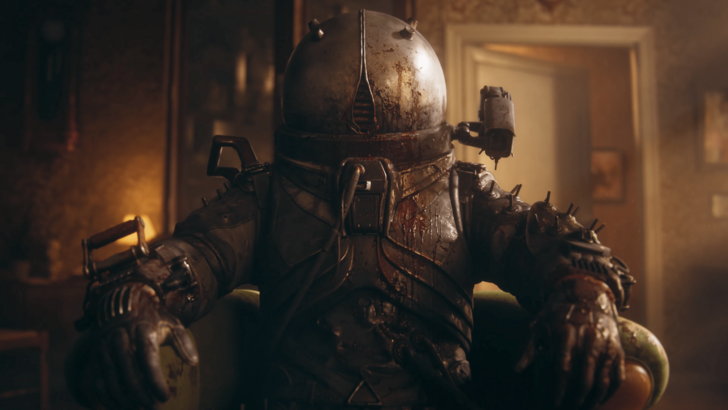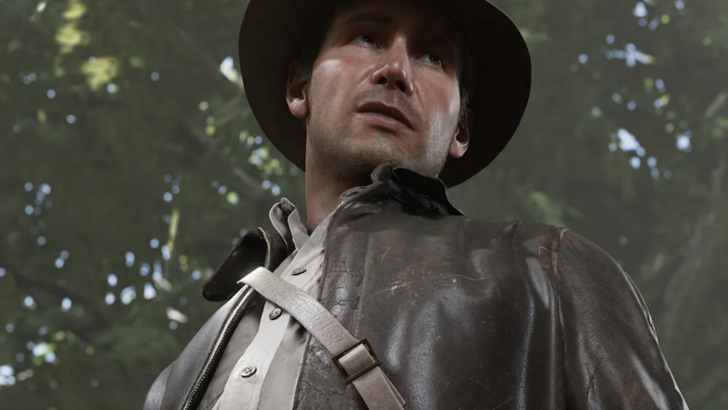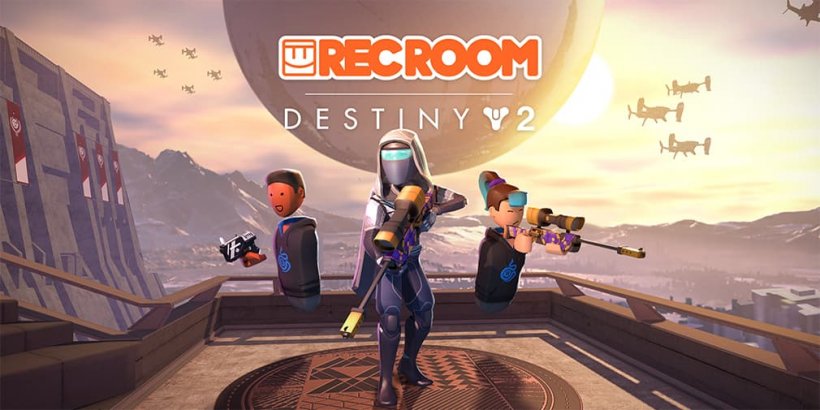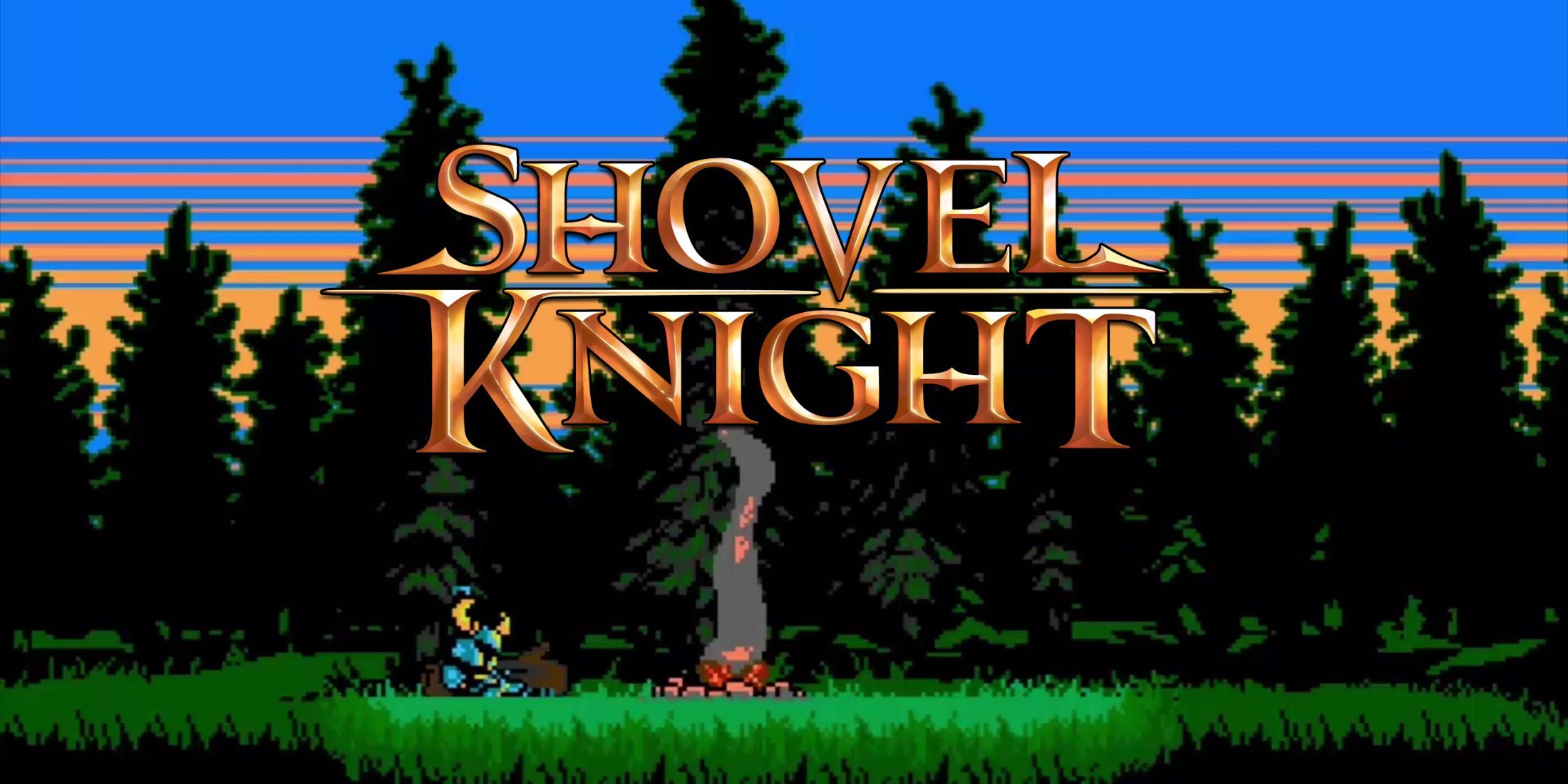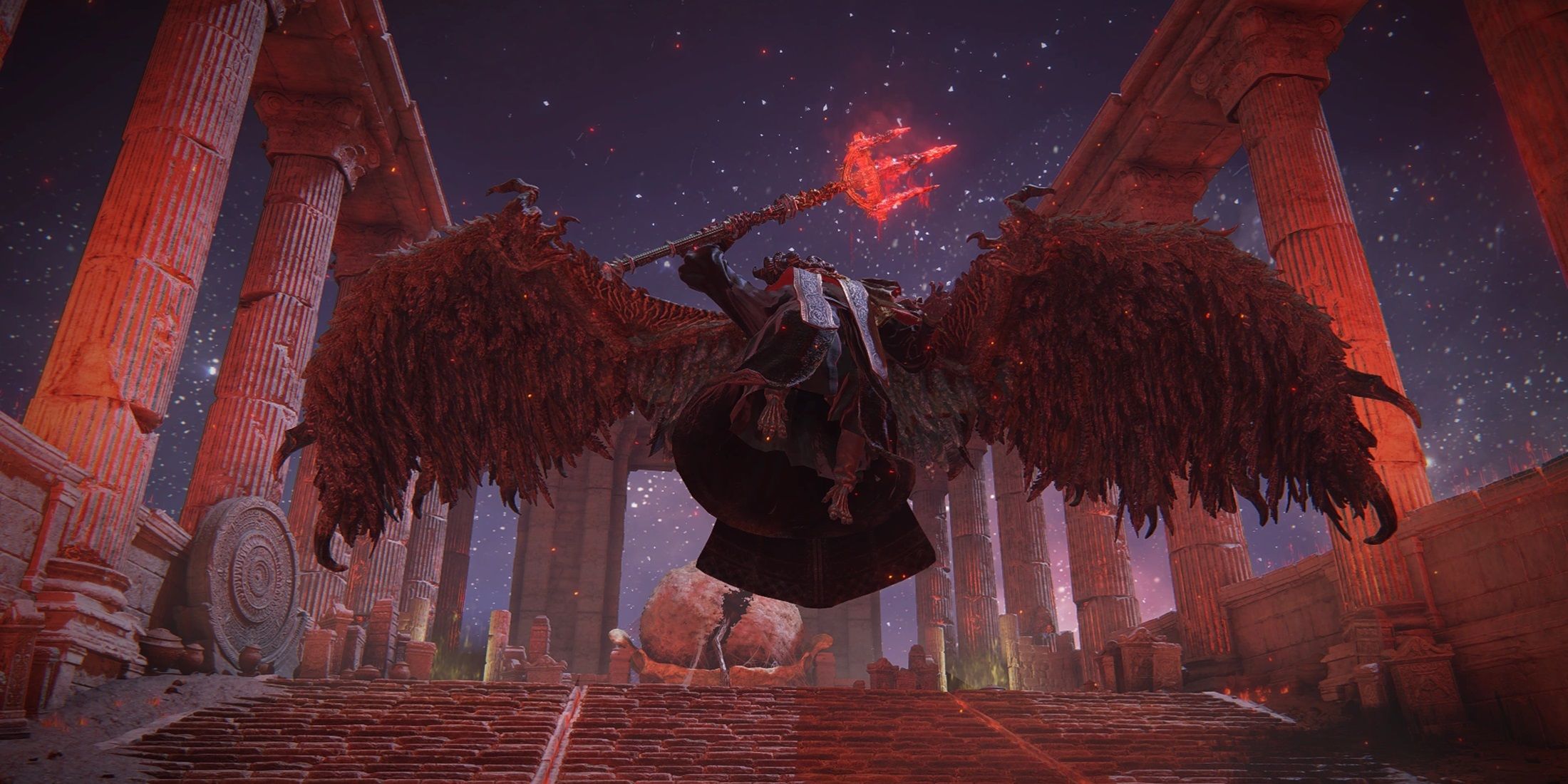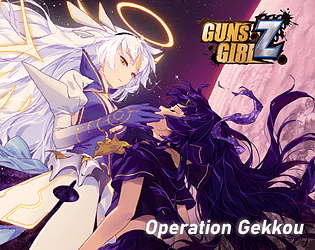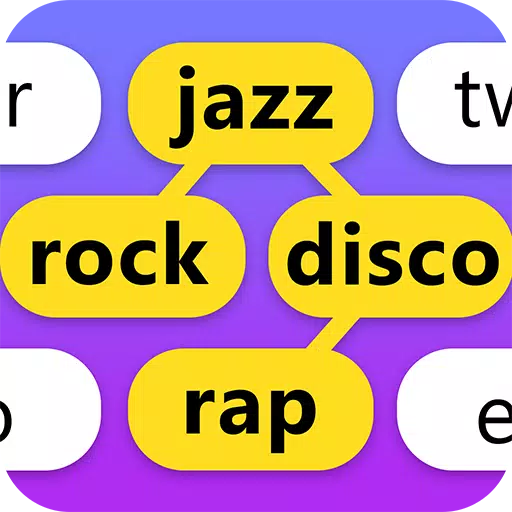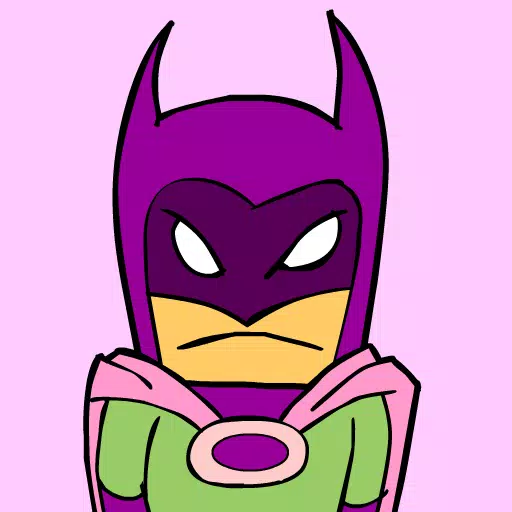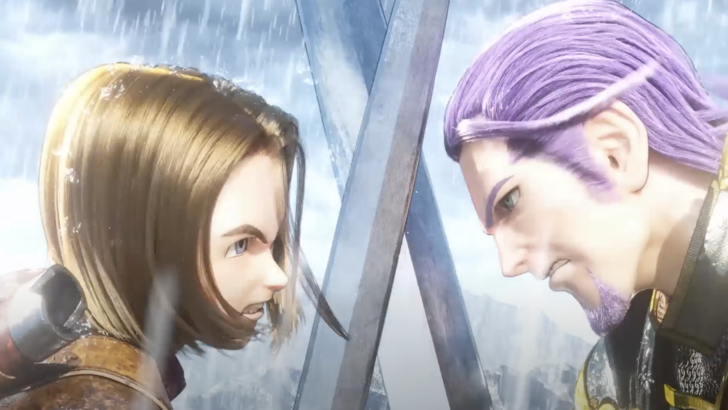
Square Enix's Dragon Quest and Atlus' Metaphor: ReFantazio developers, Yuji Horii and Katsura Hashino, respectively, recently discussed the evolving role of silent protagonists in modern RPGs. Their conversation, excerpted from the Metaphor: ReFantazio Atlas Brand 35th Anniversary Edition booklet, explores the challenges of this classic trope in an era of increasingly realistic game graphics.
The Silent Protagonist in a High-Definition World
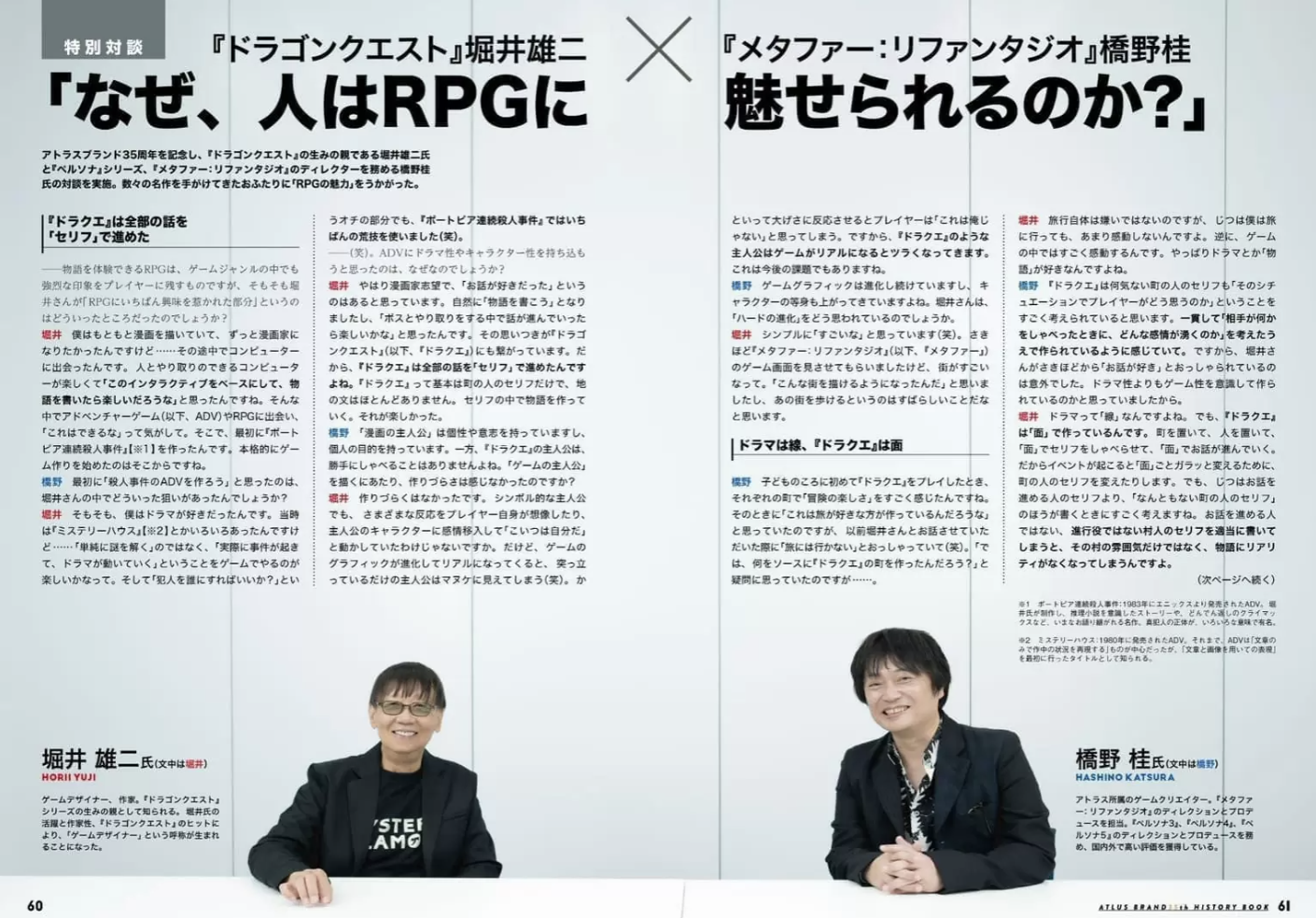
Horii, creator of the long-running Dragon Quest series, explains the series' reliance on the "symbolic protagonist"—a silent character allowing players to project themselves into the game. This worked well with the simpler graphics of older games, where a lack of detailed expressions wasn't noticeable. However, as Horii quips, "As game graphics evolve and grow increasingly realistic, if you make a protagonist who just stands there, they will look like an idiot."
Horii's background as an aspiring manga artist and his passion for storytelling and computers led him to game development. Dragon Quest's narrative structure, built around dialogue with NPCs and boss encounters, relies heavily on this silent protagonist. "Dragon Quest basically consists of dialogue with townspeople, with very little in the way of narration," he explains. "The story is created using the dialogue. That’s what’s fun about it."
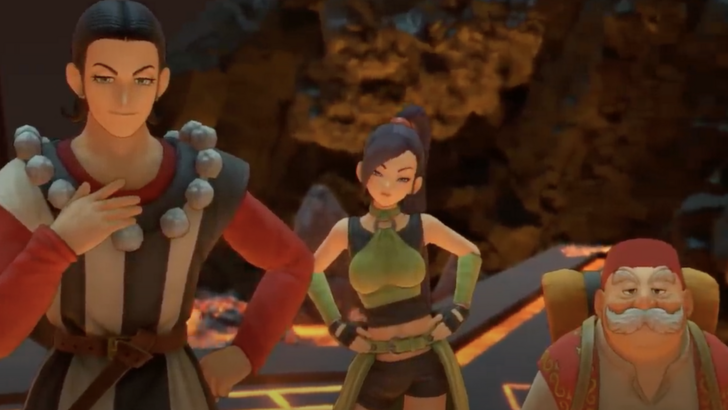
The limitations of this approach in modern gaming are undeniable. The NES-era minimalism allowed players to fill in the emotional blanks, but increasingly detailed visuals and audio make a completely unresponsive protagonist jarring. Horii acknowledges this, concluding that maintaining this style in future Dragon Quest titles will present significant challenges.
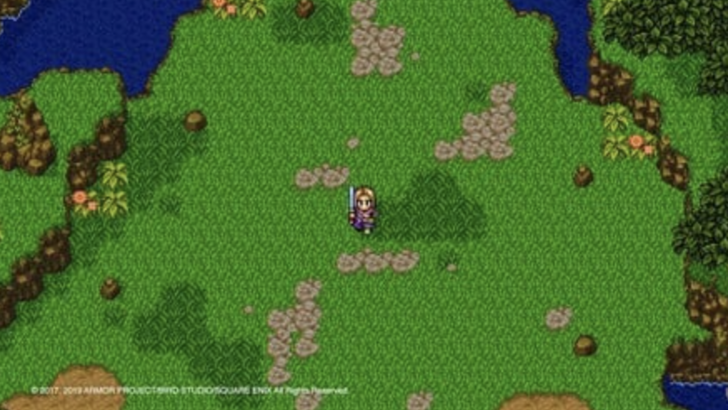
A Player-Centric Design Philosophy
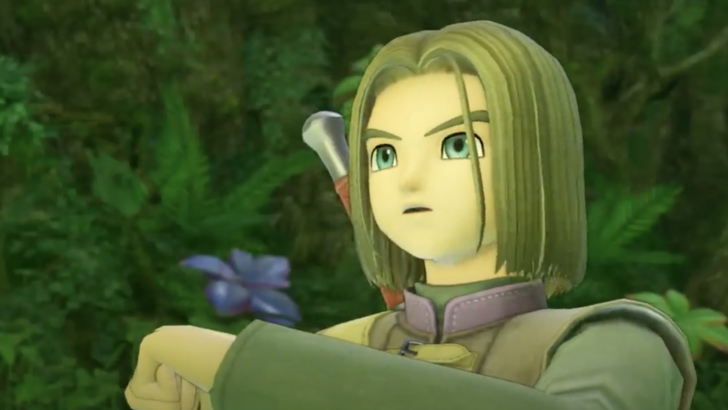
Dragon Quest remains a notable outlier among major RPG franchises, largely sticking to its silent protagonist. In contrast, series like Persona have embraced fully voiced protagonists, a trend Metaphor: ReFantazio, Hashino's upcoming title, also follows.
Despite the potential limitations, Hashino praises Horii's player-focused design. "I think Dragon Quest puts a lot of thought into how the player will feel in a given situation," Hashino notes, "even when it's to do with a regular townsperson. I feel like the games are consistently created with the player in mind, thinking about what emotions will arise when someone says something." This highlights a key difference in design philosophy between these two prominent RPG series.

 Latest Downloads
Latest Downloads
 Downlaod
Downlaod
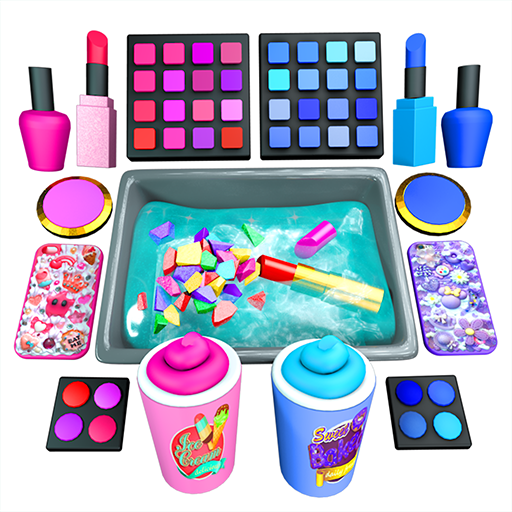
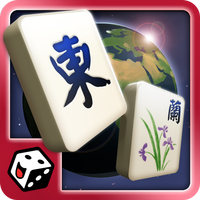


 Top News
Top News